Dhaka, June 26 (V7N) — Experts and journalists have expressed deep concerns over the declining public trust in Bangladesh’s media, linking it to years of partisan practices during the ousted Awami League government. They observed that even after the July uprising, little improvement has been made. The speakers emphasized that media professionals must unite to overcome the crisis, as democracy is essential for press freedom.
At a roundtable discussion titled “Freedom of the Press: Reviewing Legal Frameworks for Journalistic Safety and Complaint Resolution,” organized by the Center for Governance Studies (CGS) at CIRDAP auditorium on Thursday, participants highlighted several ongoing issues including mob culture, the arrest of 15 journalists post-July, legal actions against 266 media personnel, occupation of the National Press Club, and the problematic roles of TV and radio outlets.
Professor Asif Nazrul, legal adviser and academic, noted that the interim government did not file cases against journalists, but when individuals filed complaints, authorities were compelled to act. He criticized police for accepting many false cases over the past 15 years and pointed out that after August 5, the police had lost moral authority, forcing them to process these cases. He also mentioned the long-standing divisions within the journalist community and said journalists failed to strengthen the Press Council Act. Nazrul added that he personally faced unethical lobbying and defamatory accusations.
Shafiqul Alam, press secretary to the Chief Advisor, acknowledged that during previous governments, some journalists benefited from submissive reporting, gaining plots and jobs through lobbying. He said the current administration is trying to move beyond that era, but “lazy journalism” criticizing its successes persists. He described the unrest not as a mob but as a pressure group formed by those who lost privileges under previous governments, and stressed that misinformation and disinformation are taken seriously.
Badiul Alam Majumdar, head of the Election Reform Commission, emphasized the critical role of media in ensuring free and fair elections, saying the last three elections were controversial and proper media involvement could have prevented rigging.
Senior journalist Sohrab Hasan described the current situation as unhealthy, criticizing the Ministry of Information for its inadequate performance. He pointed out manipulations such as falsified newspaper circulation numbers and persistent factionalism among journalists, which disrupt unity. Hasan warned that continued political labeling and exclusion within press institutions threaten democratic progress and questioned the success of the uprising.
Other notable participants included Ruhin Hossain Prince, general secretary of the Communist Party of Bangladesh; journalist M.A. Aziz; Dr. Sakhawat Hossain Sayant, general secretary of G-9; Dr. Shahidul Alam, founder of Drik; AB Party chairman Mojibur Rahman Monju; East-West University professor Parvez Karim Abbasi; political analyst Dr. Zahed-ur-Rahman; Kadruddin Shishir, editor of The Dissent; Bobby Hajjaj, chairman of the Nationalist Democratic Movement; and journalists Muktadir Rashid, Jaimah Islam, and Parvin F. Chowdhury.
END/MRB/SMA/



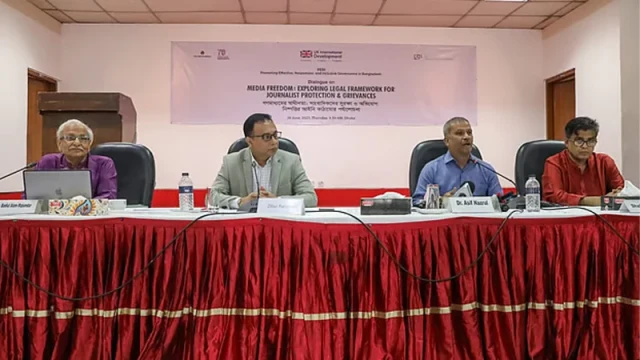
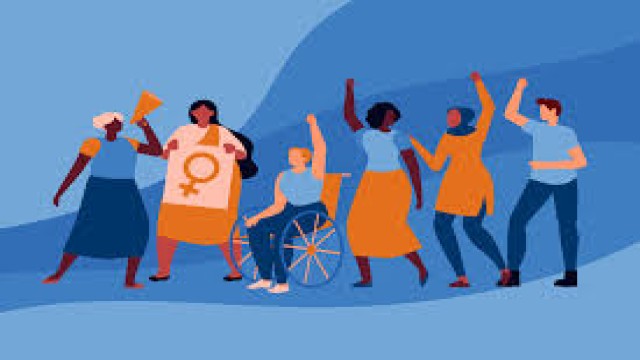
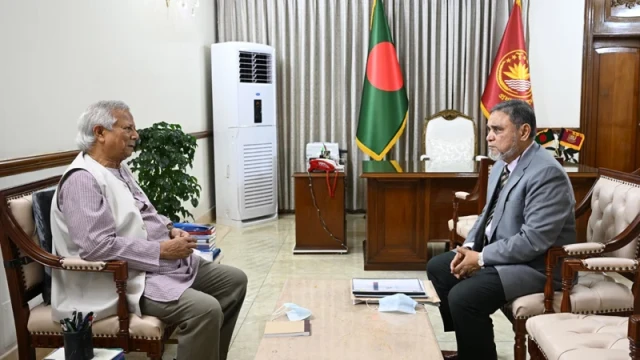
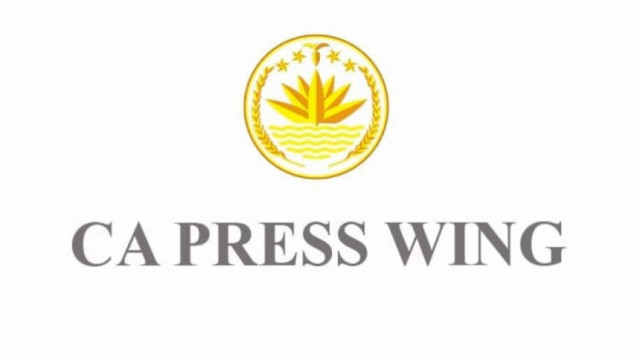
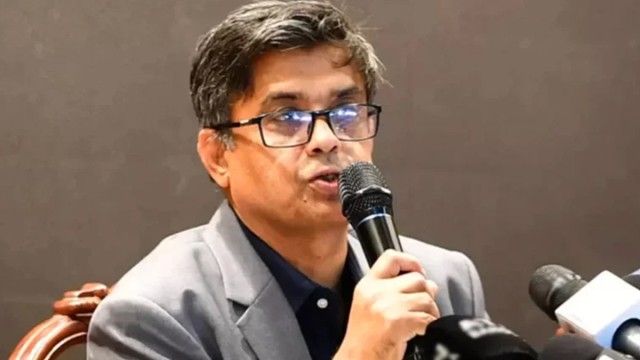
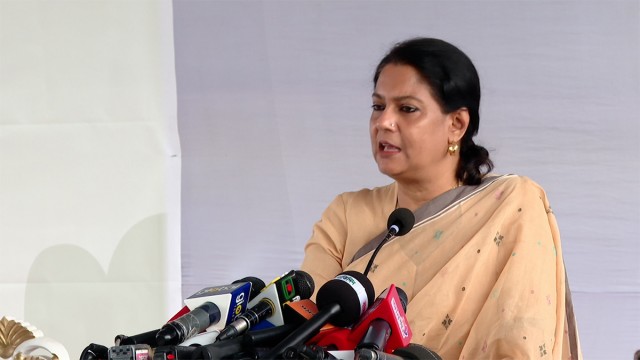
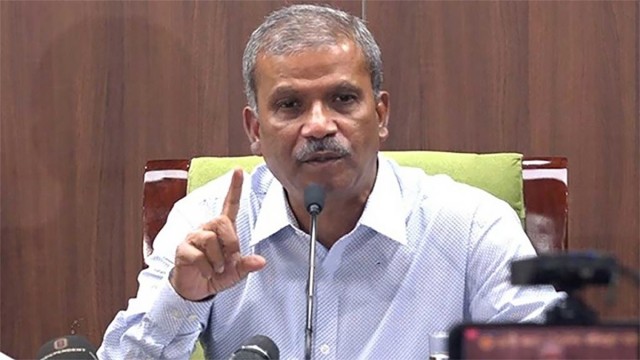

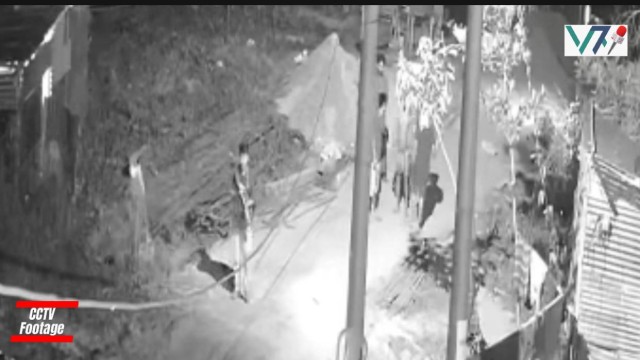
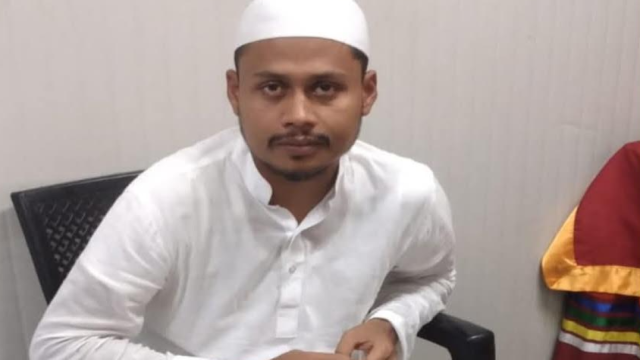
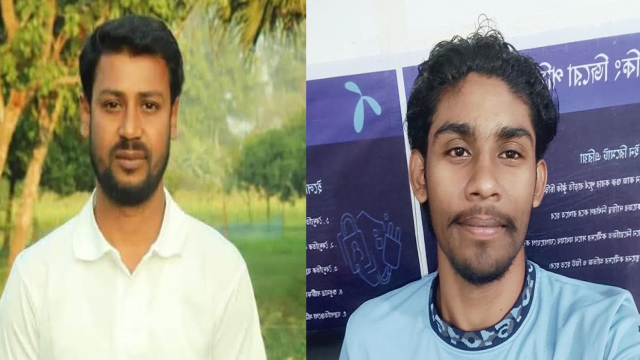

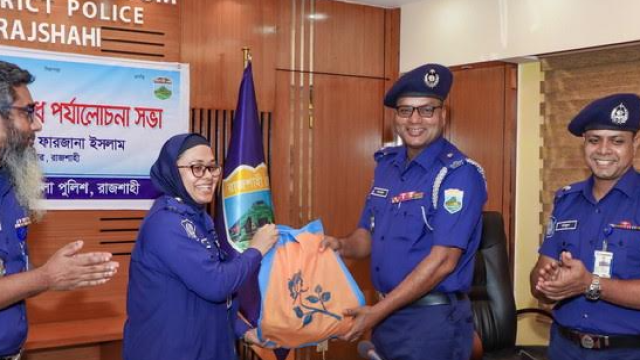
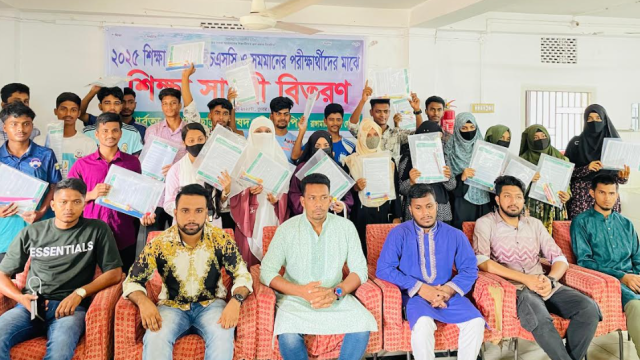
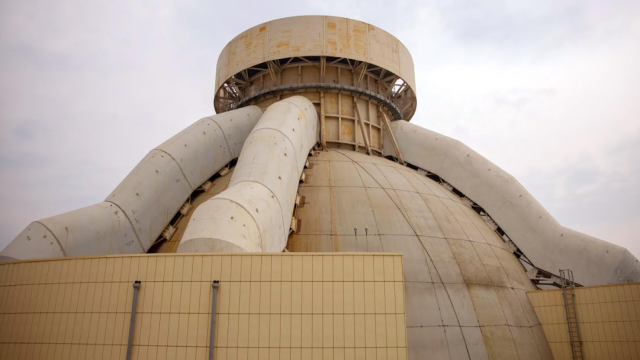

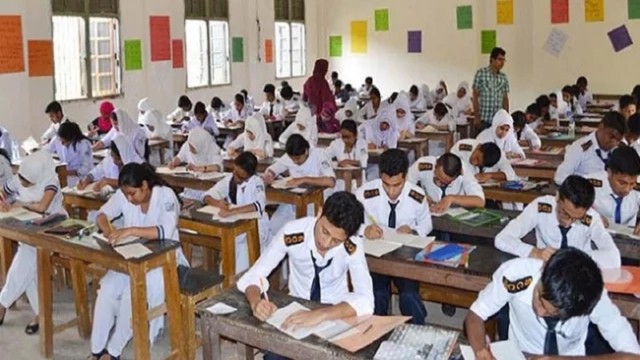

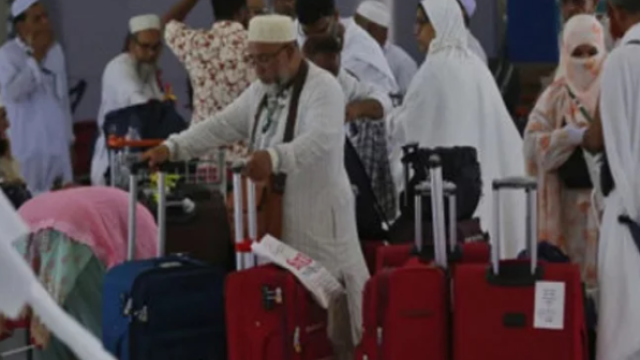
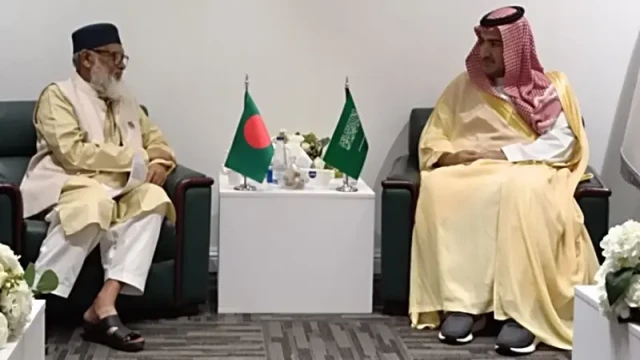
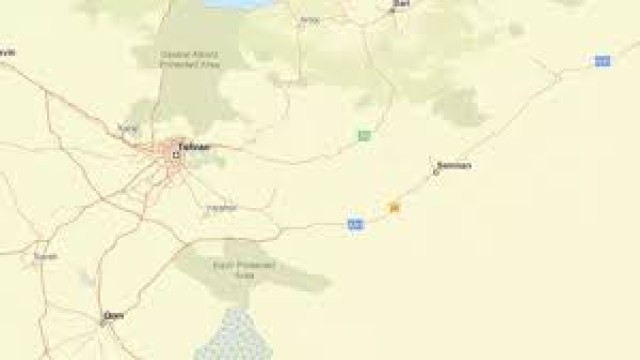
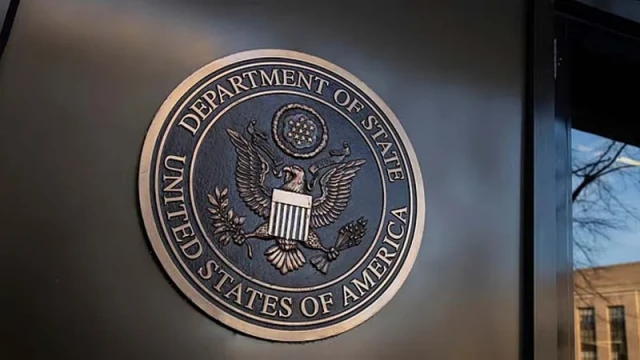
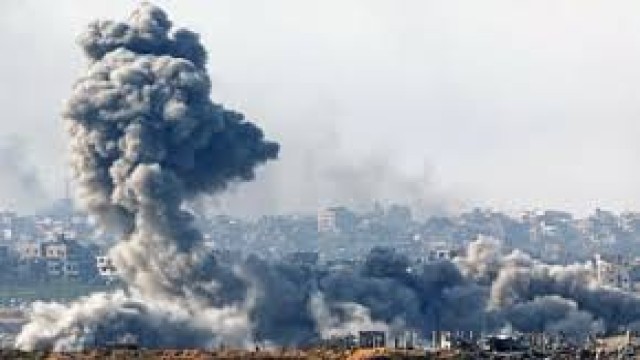
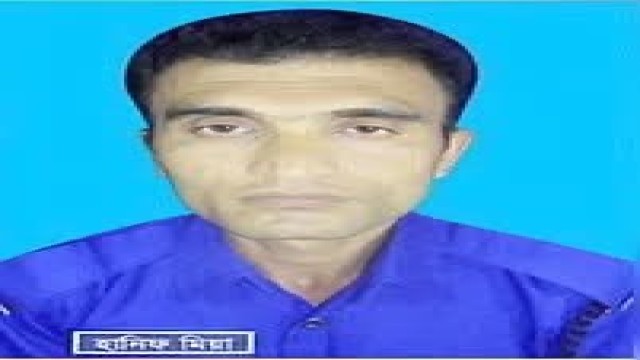
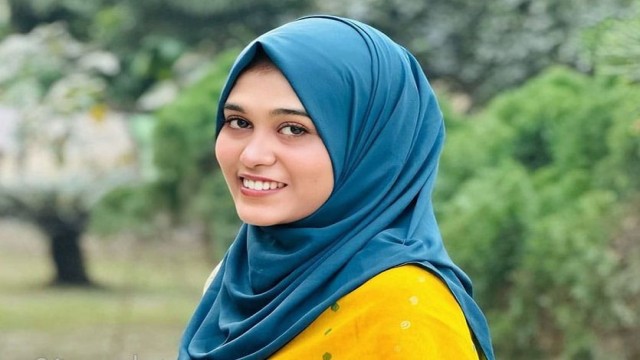
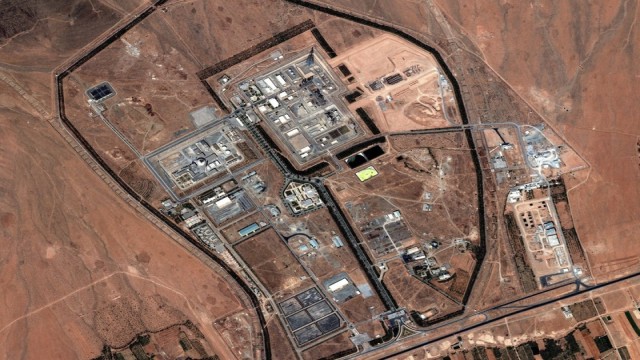
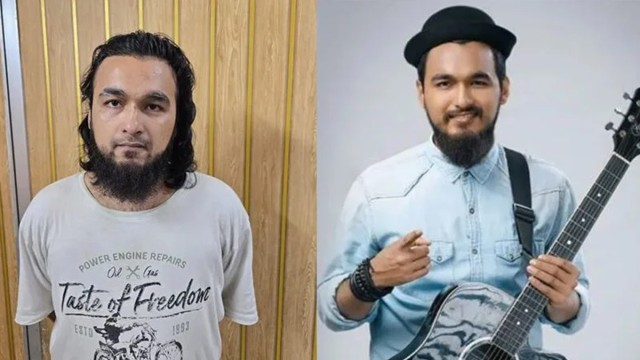

Comment: